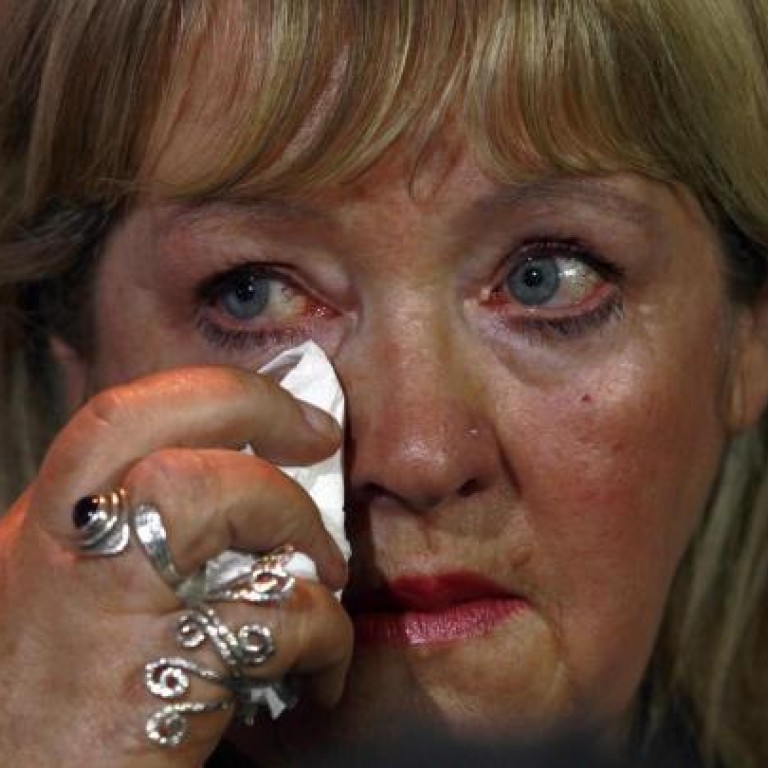
Irish PM sorry for suffering of 'fallen women' at church-run laundries
PM apologises to women forced to work in ‘appalling’ church-run laundries
Irish Prime Minister Enda Kenny has apologised to thousands of women who suffered in appalling conditions in church-run laundries, after a report found that many of them were sent there by the state.
More than 10,000 women were sent to the Magdalene laundries between 1922 and 1996 where they worked for no pay while the religious orders ran the laundries as commercial bodies.
They were sent to the institutions if they were suspected of being "fallen women", including those who fell pregnant outside marriage or those who were branded promiscuous or flirtatious in the predominantly Catholic country.
"To those residents who went into the Magdalene laundries through a variety of ways, 26 per cent of them from state involvement or state intervention: I'm sorry for those people that lived in that kind of environment," Kenny told parliament.
His comments came after the publication of a report investigating the involvement of the Irish state found that more than a quarter of the women were there due to referrals by social services, schools and the criminal justice service.
The investigation chaired by Senator Martin McAleese was launched in July 2011 to establish the extent of state involvement.
The report found that the youngest person admitted to the laundries was a girl, aged nine, while the oldest woman was aged 89. The average age was 23. The average time spent in the Magdalene laundries was seven months.
No complaints of sexual abuse were made against the nuns, but there were reports of physical abuse by some of the women. Most women noted several instances of verbal abuse, however.
Four religious communities ran the laundries: the Sisters of Mercy, the Sisters of Charity, the Good Shepherd Sisters and the Sisters of Our Lady of Charity.
While Kenny expressed his sympathy with survivors, he stopped short of the full apology that survivors' groups had demanded.
"I want to see that those women who are still with us, anywhere between 800 and 1,000, that we shall see that the state provides for them the very best of facilities and supports," he said.
In a fortnight, lawmakers would discuss the 1,000-page report in full, Kenny said.
Advocacy group Justice for Magdalenes described Kenny's comments as "bizarre" anddemanded a full apology. It welcomed the report but called on the government to establish a transparent and non-adversarial compensation process.
